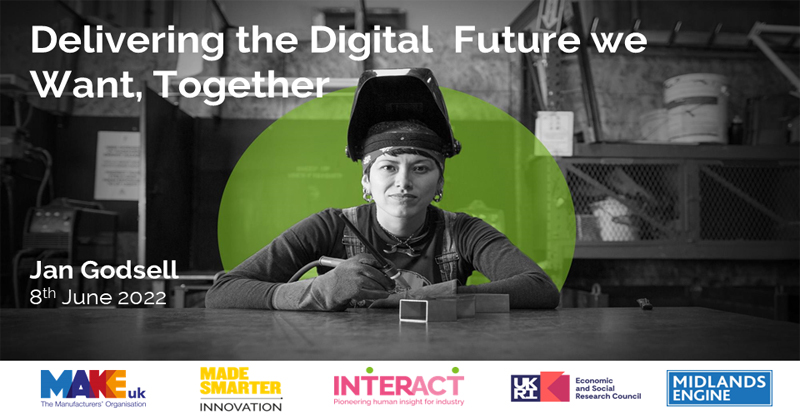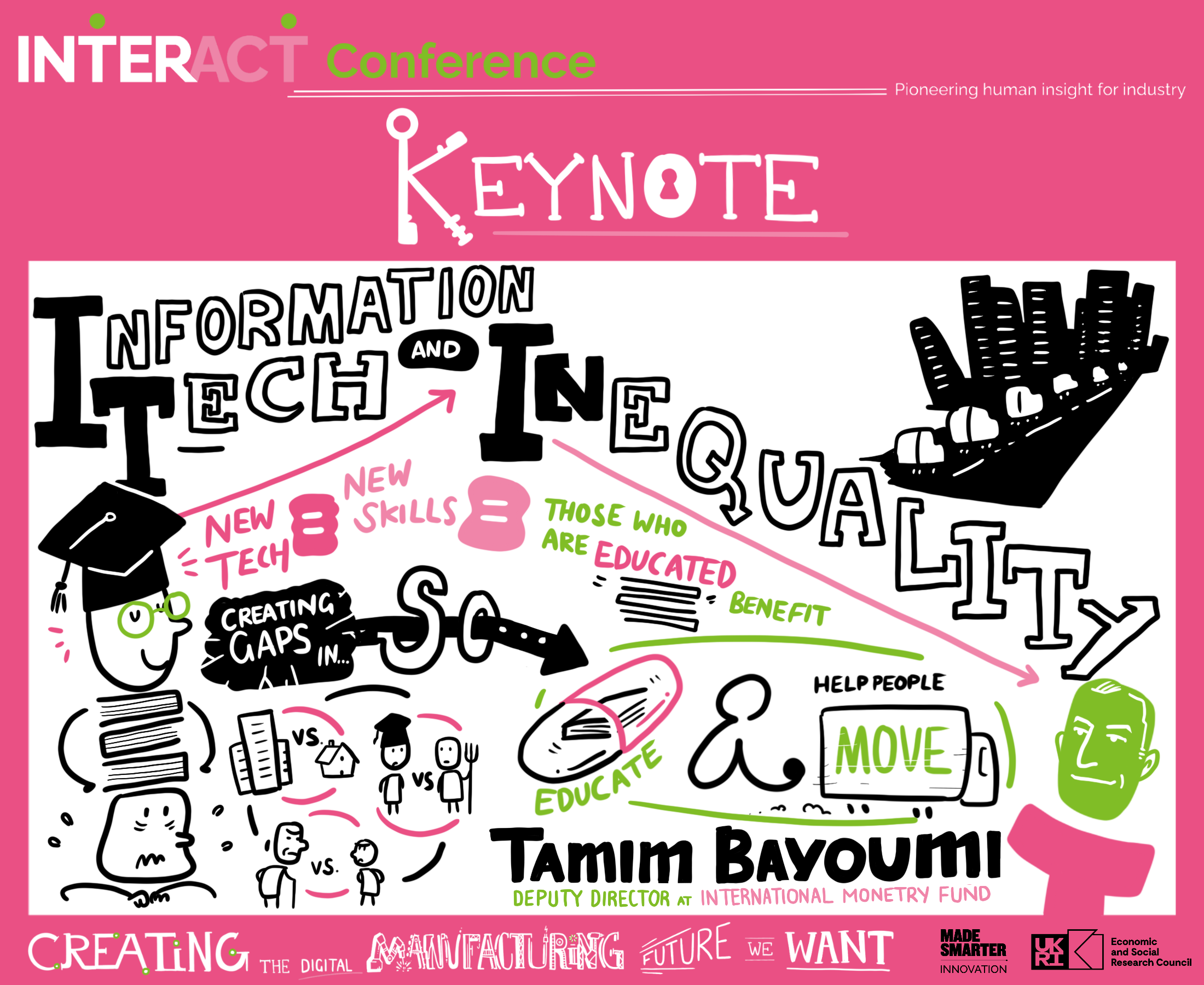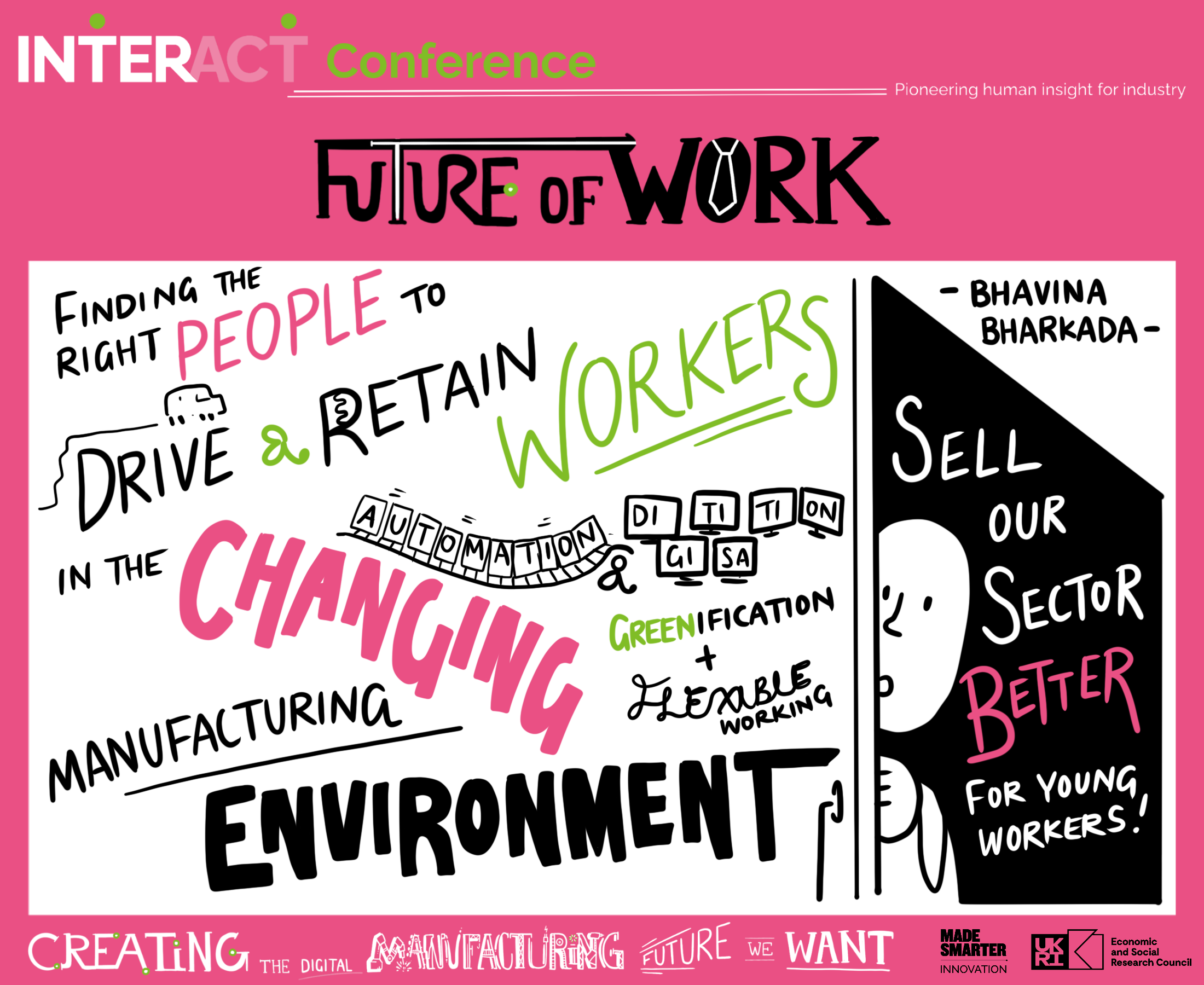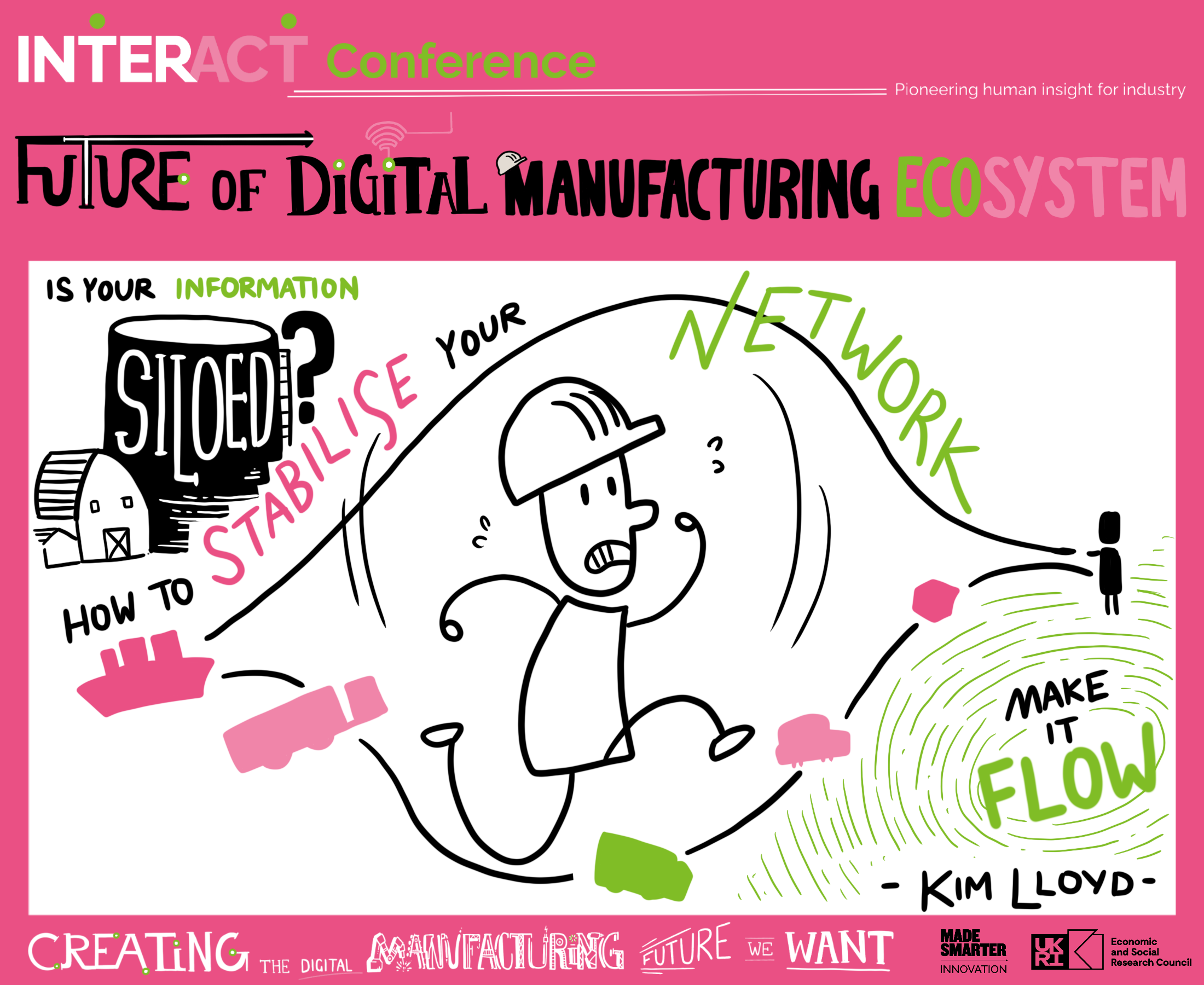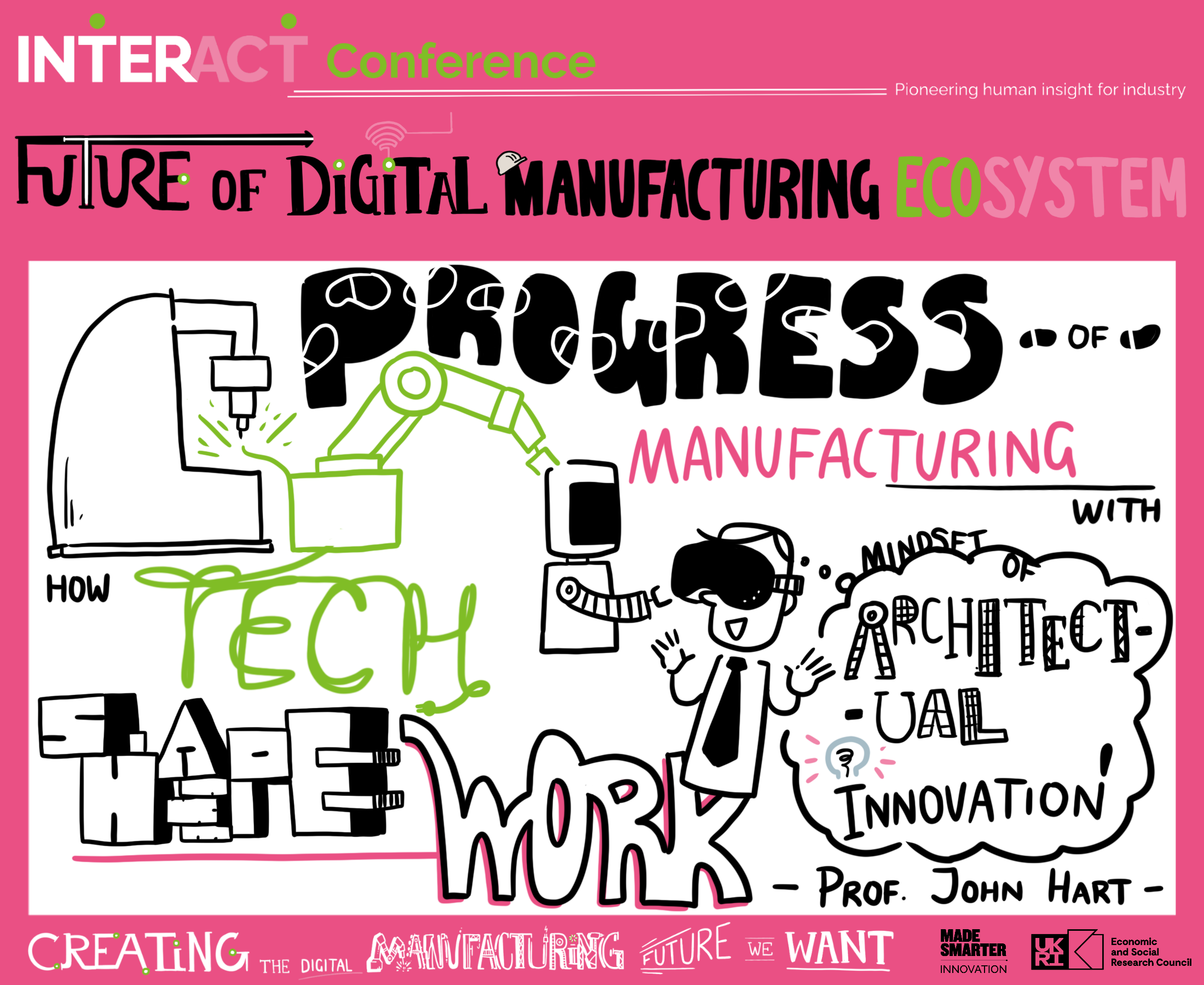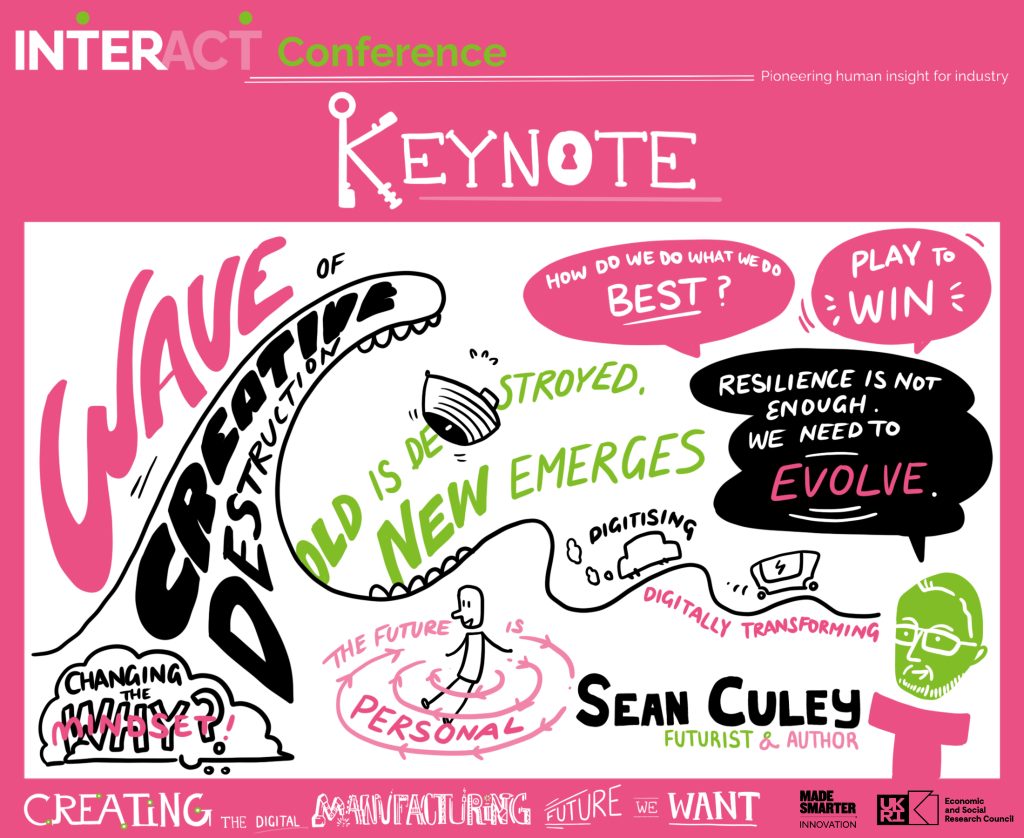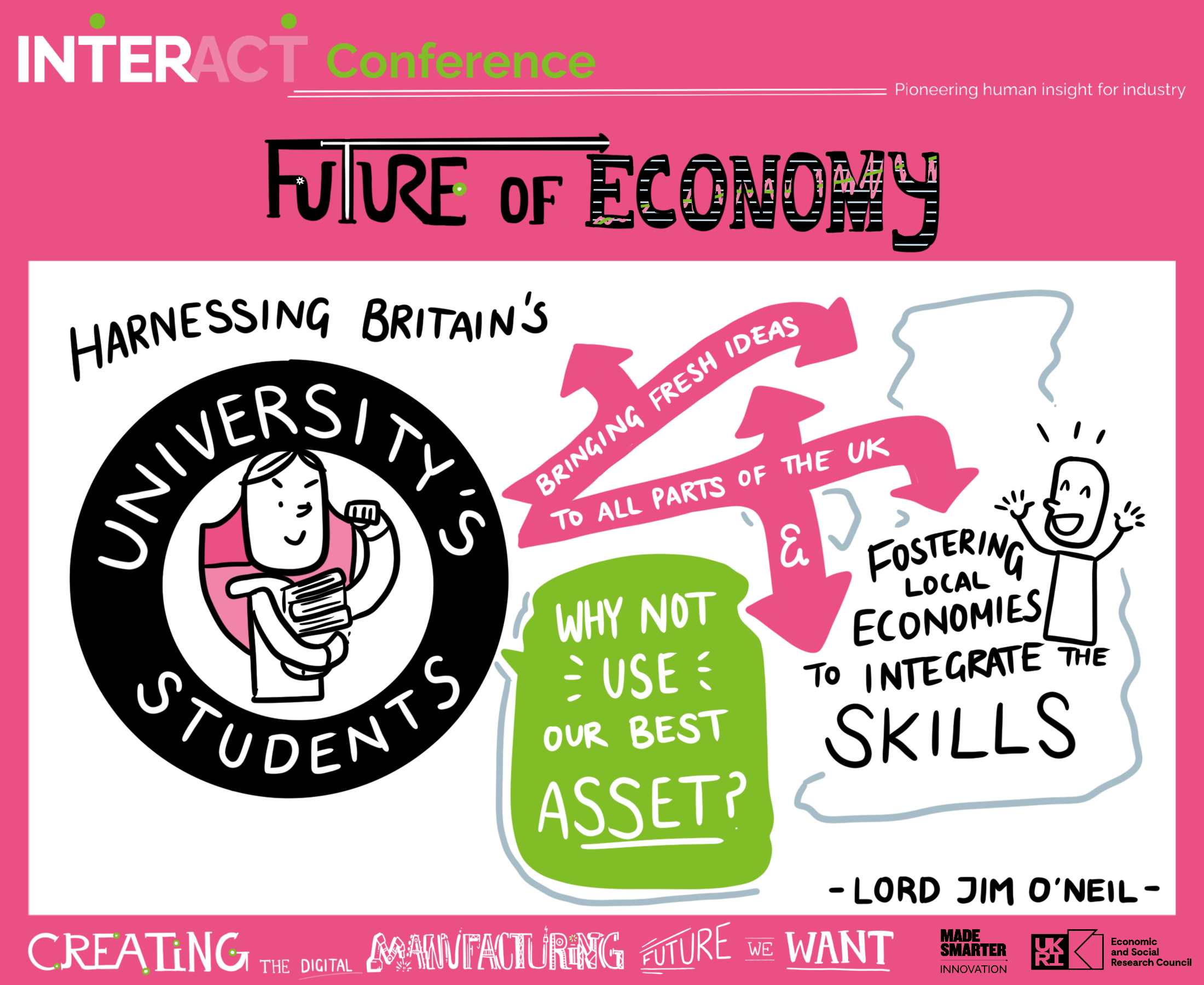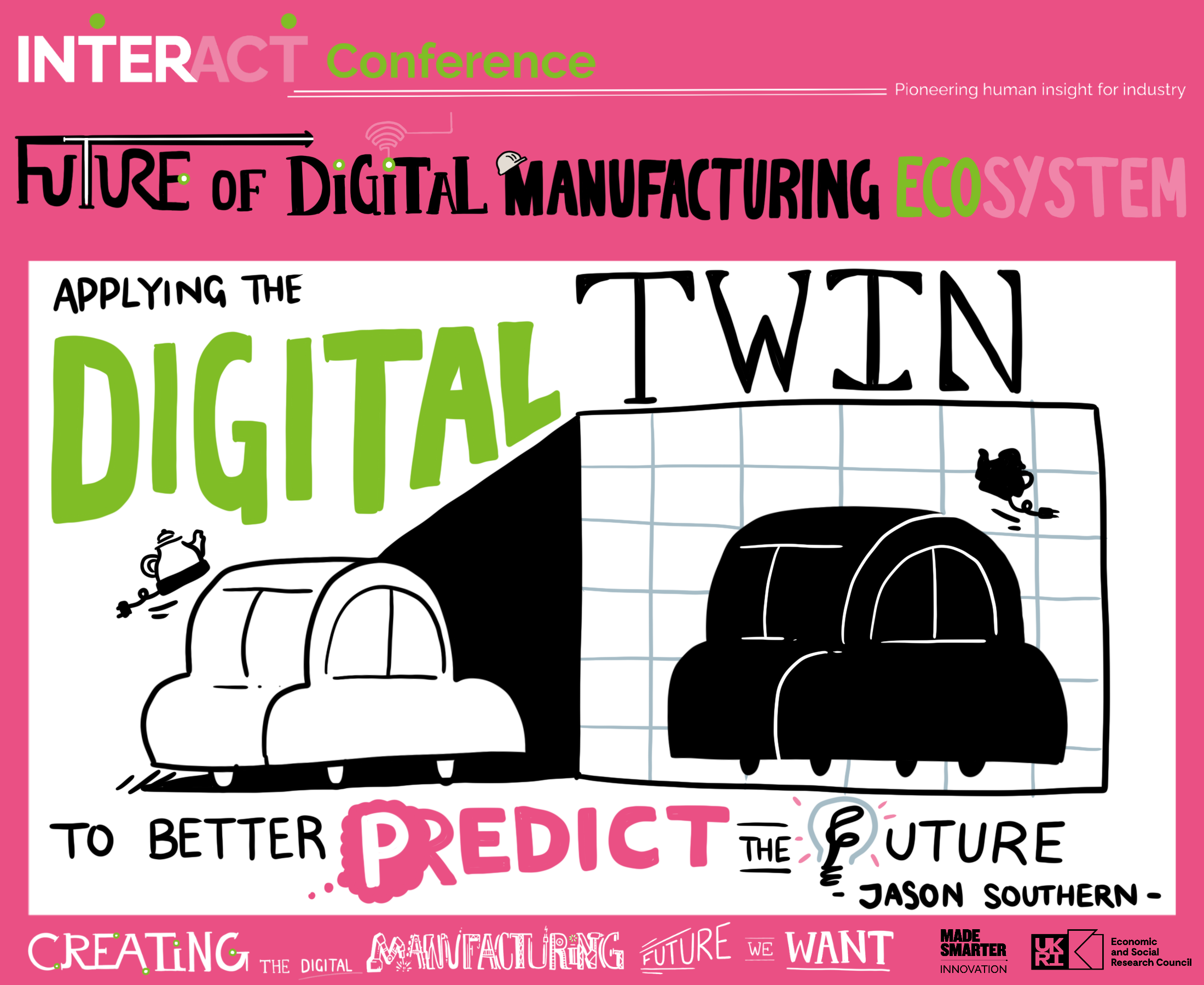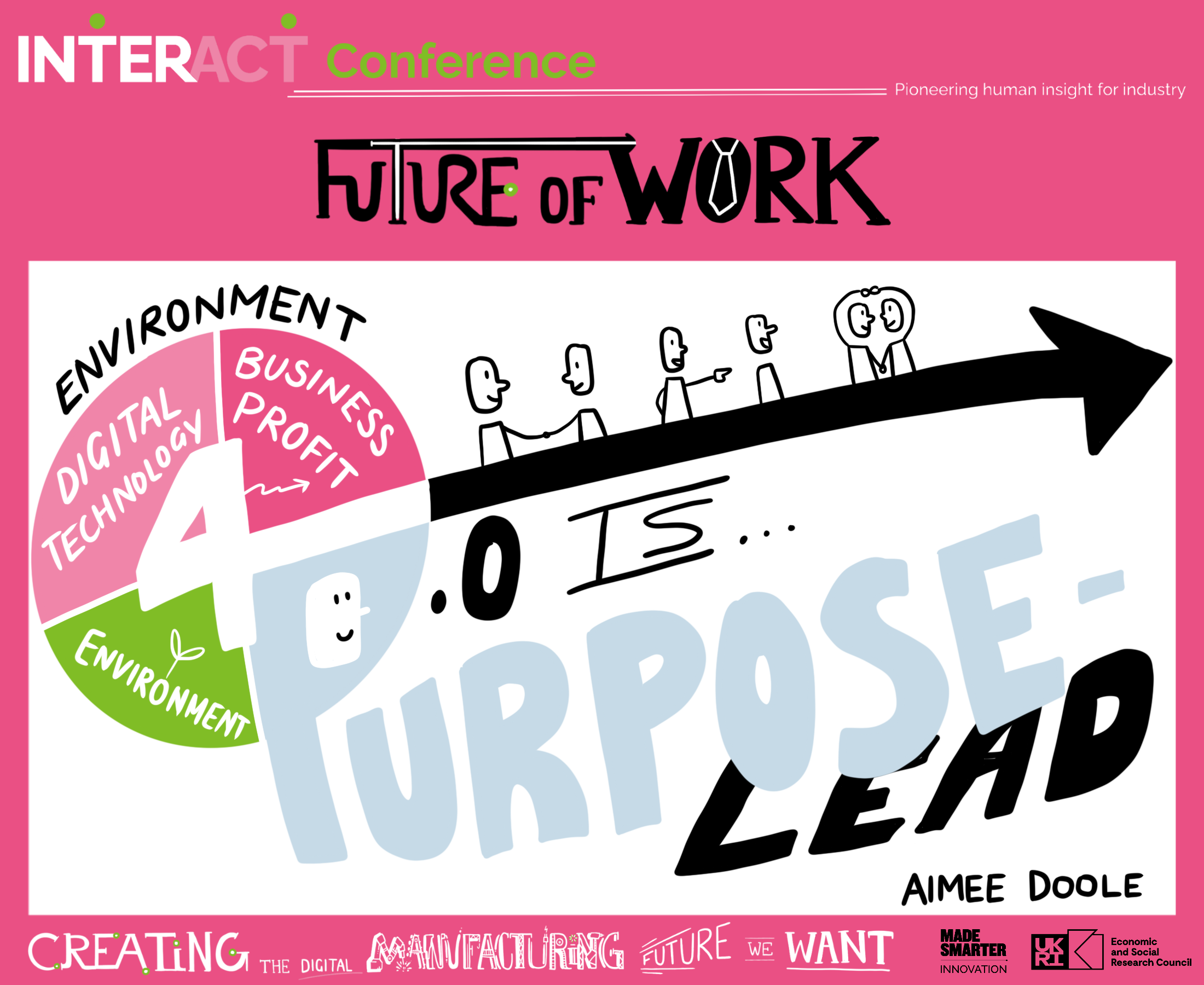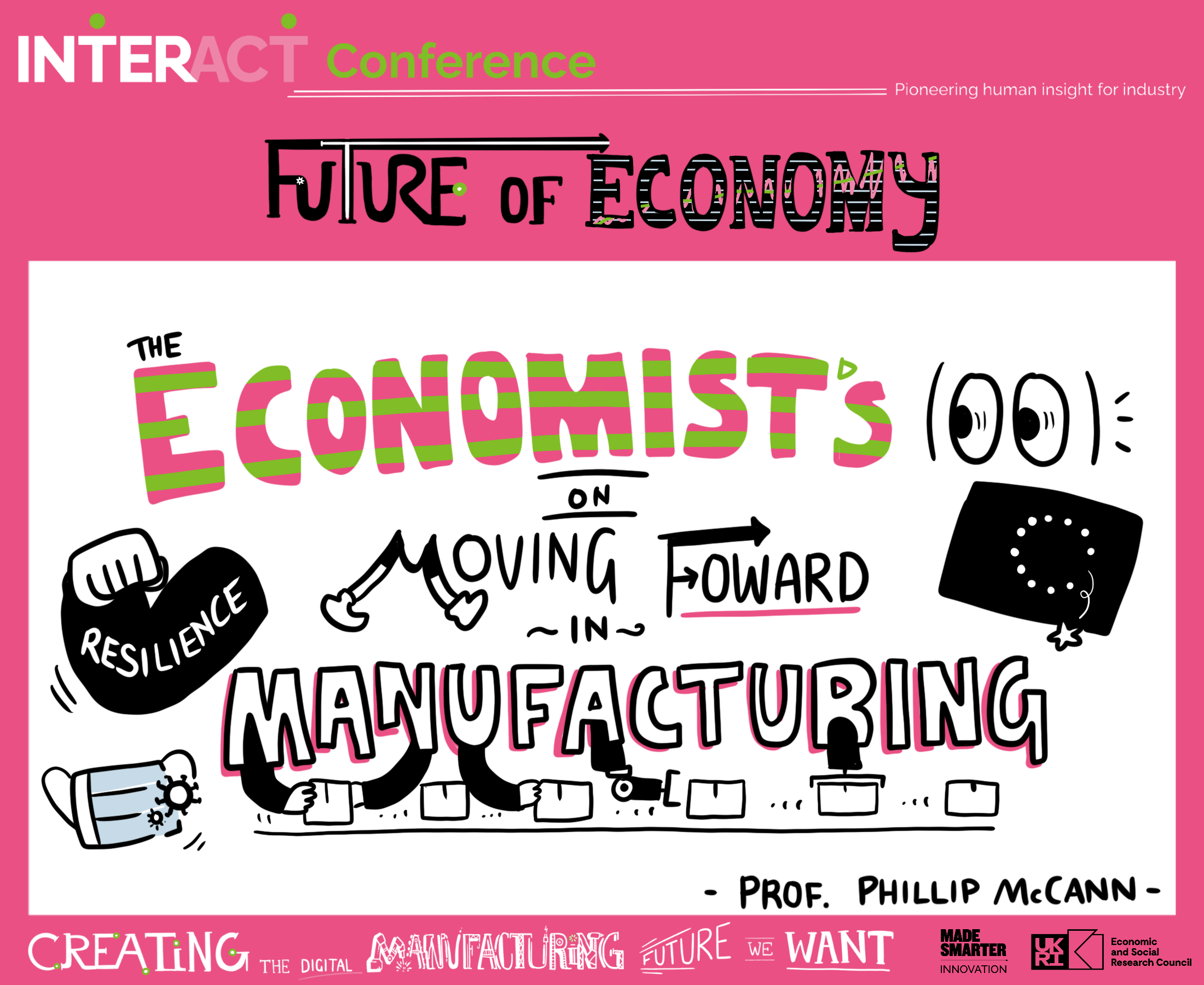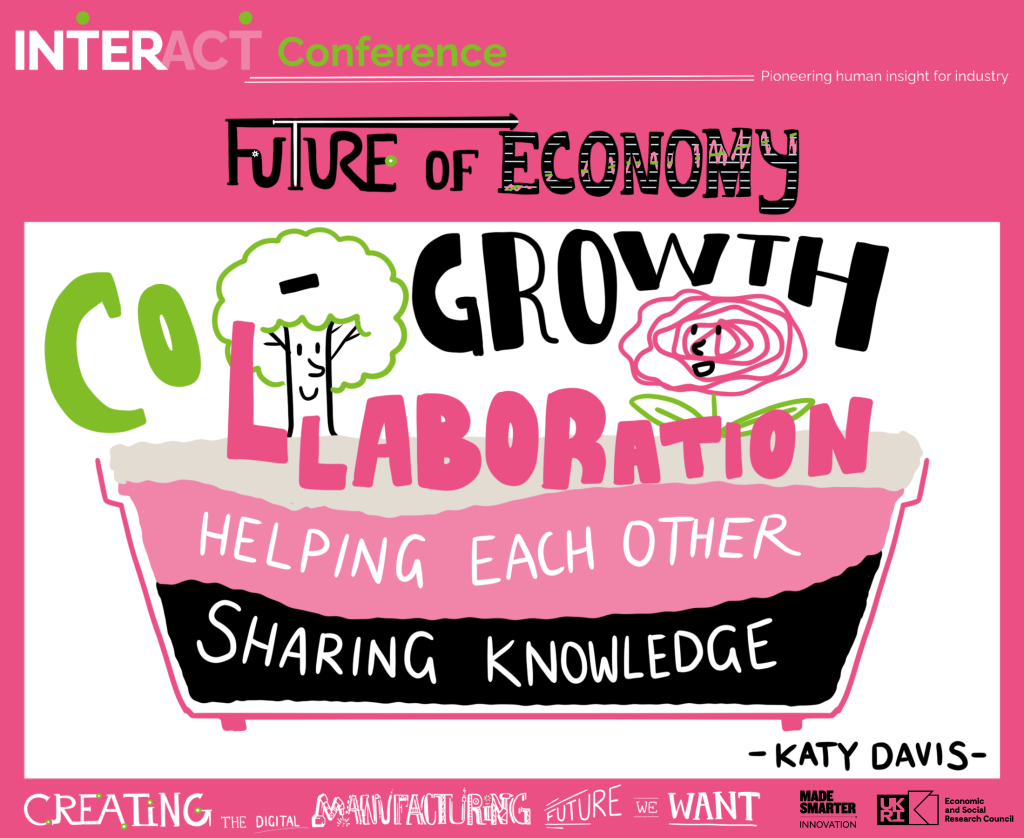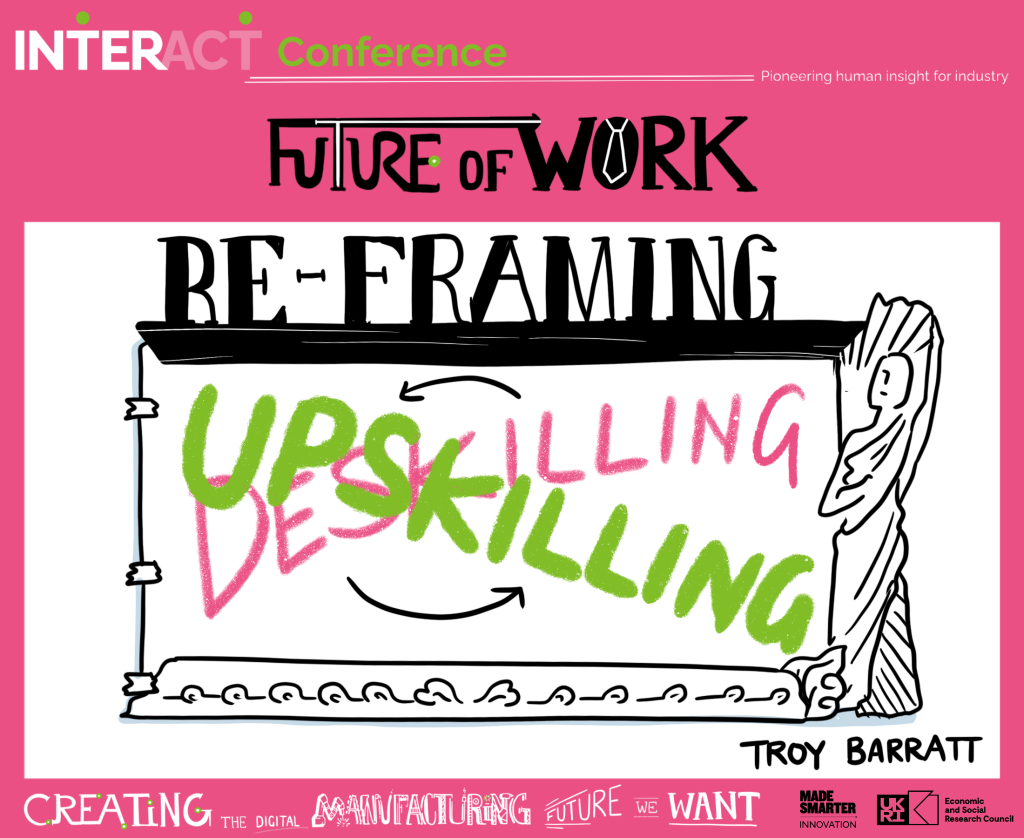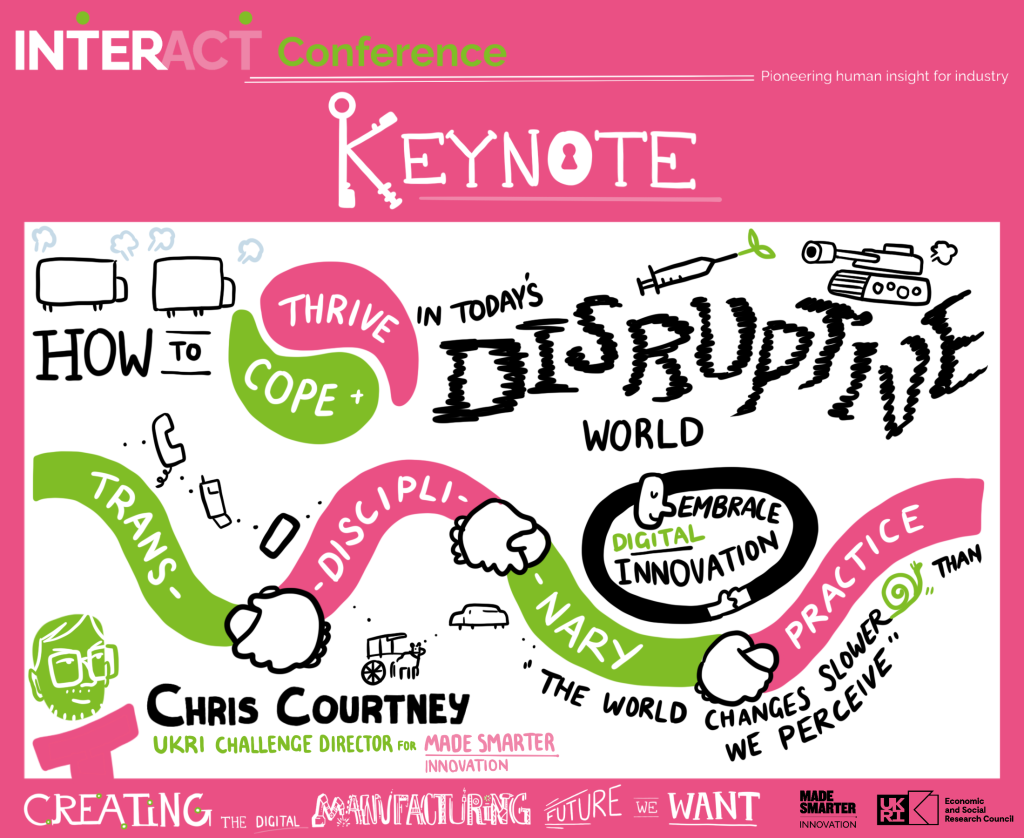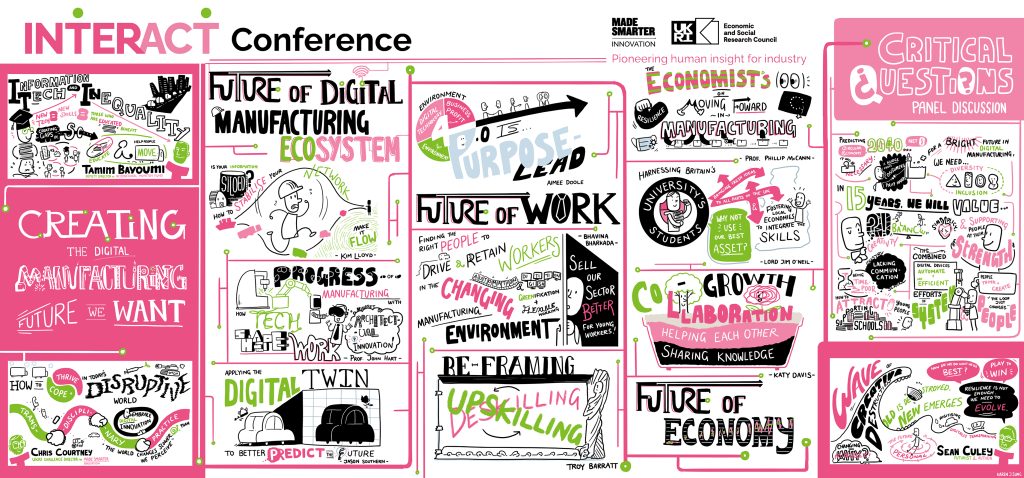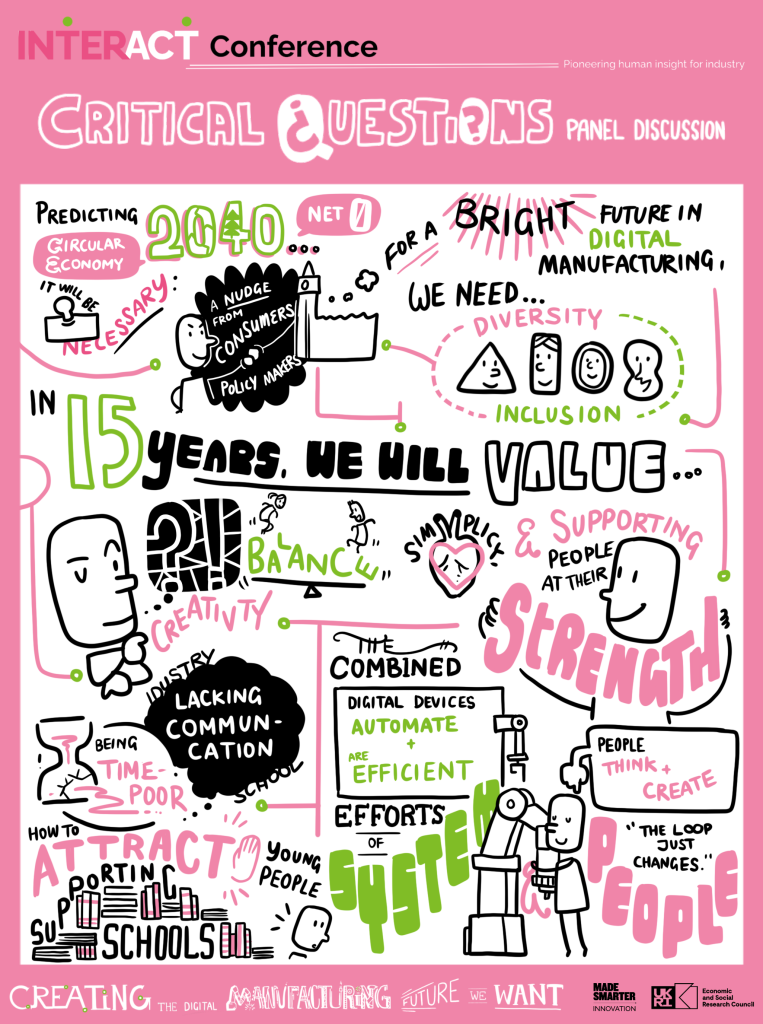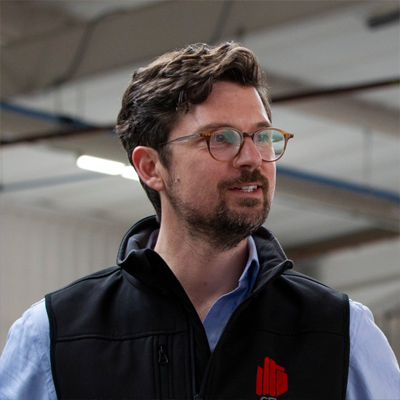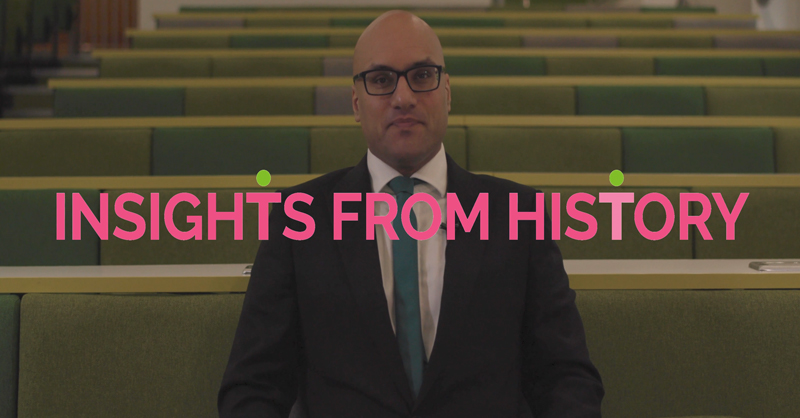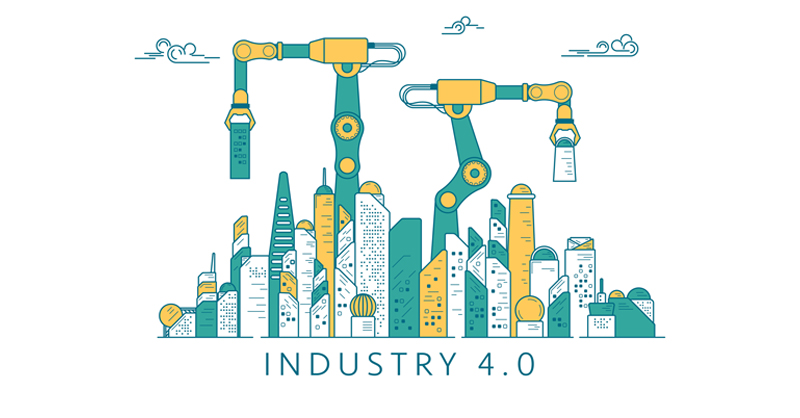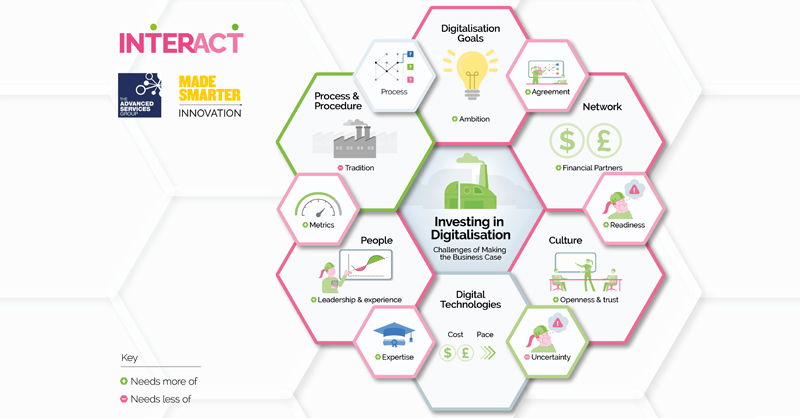This project explores the application of digital servitization business models in the context of UK Manufacturing Small to Medium Sized Enterprises (SMEs), by empirically depicting its antecedents and firm-level implications. Following the completion of a large empirical study, the key contextual and organisational factors that determine successful implementation of business models have been identified. The study’s key findings suggest that SMEs can achieve high performance through adoption of digital servitization business models, depending on how well each model aligns with the organisation’s context and design.
To assist the UK Manufacturing community, in addition to the main report, the project’s deliverables are accessible to stakeholders through its dedicated microsite, SME toolkit, video training manual and practitioner webinar.
Download “Business Model Innovation and Digital Servitization in UK Manufacturing Small and Medium Sized Enterprises - report” Business-Model-Innovation-and-Digital-Servitization.pdf – Downloaded 297 times – 1.46 MBProject MicroSite
The microsite provides SMEs with a valuable resource that practitioners can engage with, to better understand digital servitization and its corresponding business models. Developed in an illustrative manner, the microsite provides a visual overview of the study’s data and key findings and constitutes the project’s primary means of impact on business practice.
SME Toolkit
A key project output, the self-assessment toolkit aspires to assist SME principal decision-makers in diagnosing the contextual and organisational conditions of their business and determine the suitability of digital servitization business models. Toolkit users are invited to complete an anonymised questionnaire and in turn, they receive a recommendation of which business model might represent the best match to their current conditions.
Video Training Manual
The video training manual represents a step-by-step guide to the toolkit and provides users with the key terms of interest and the process of answering the toolkit questions.
Online Webinar
As a primary dissemination activity, the project’s first ex-post webinar has been delivered in early August 2023 to raise awareness about the project, communicate the study’s findings and promote the publication of the main report and its accompanying intellectual outputs.



